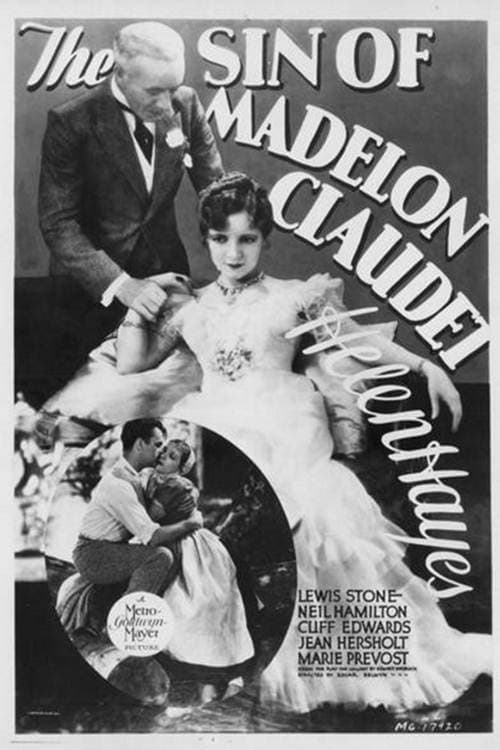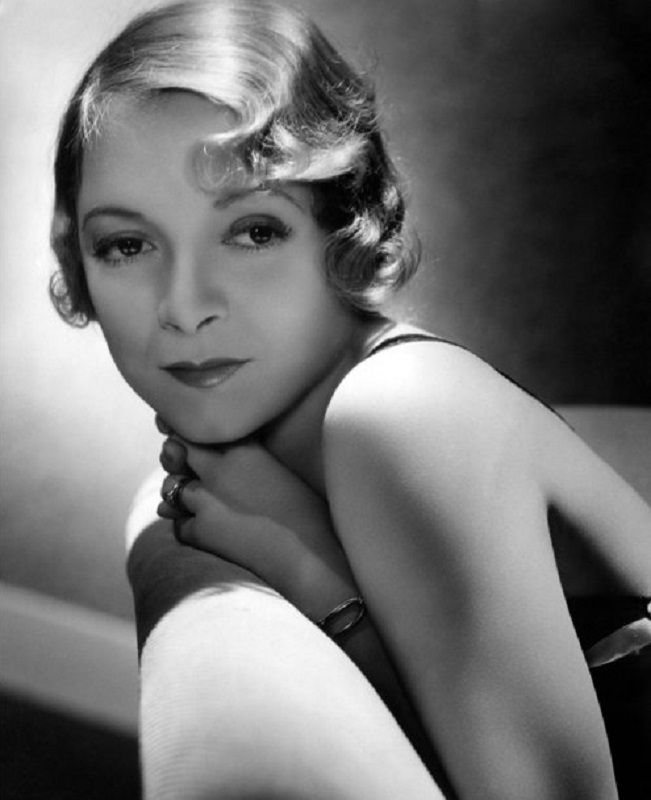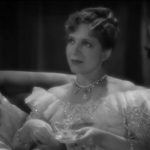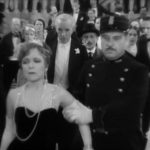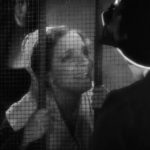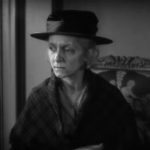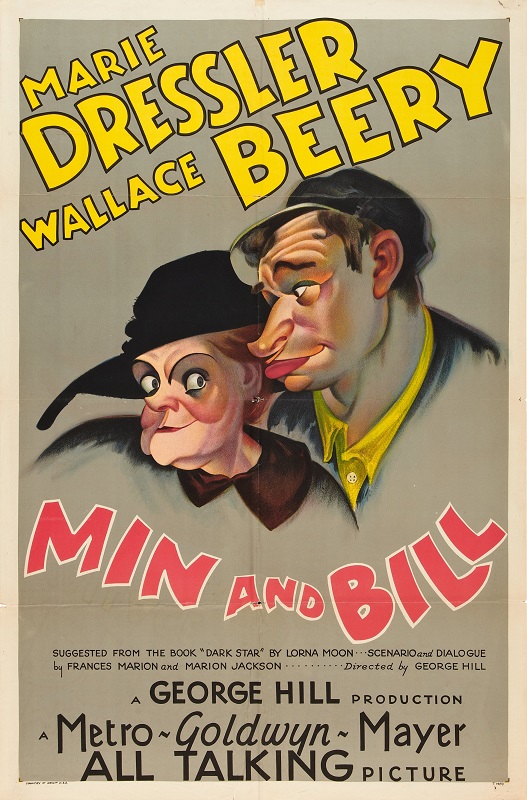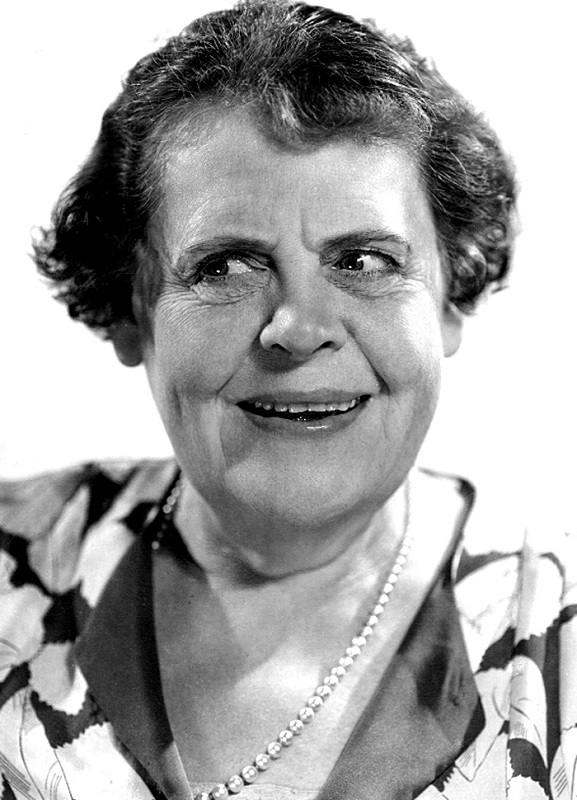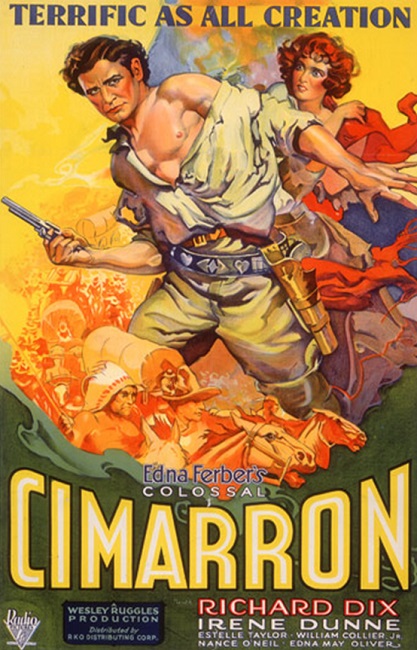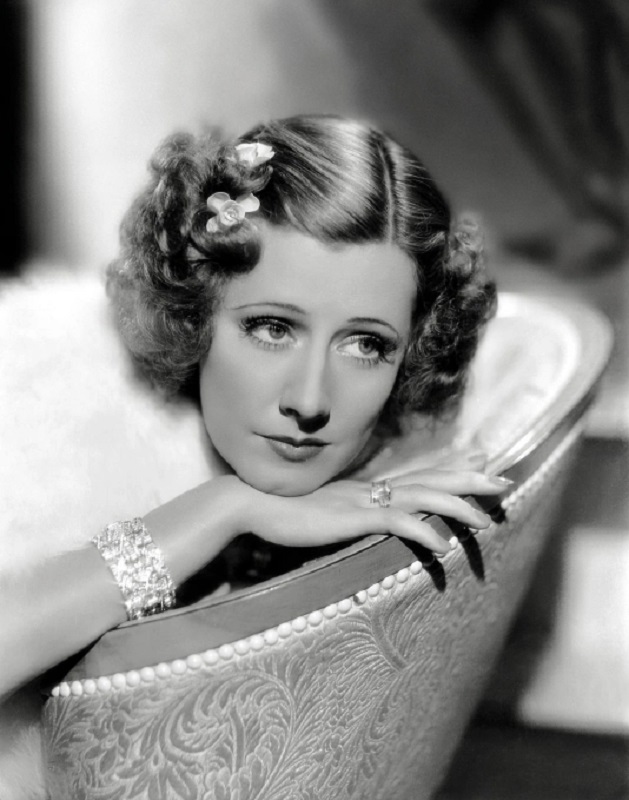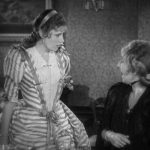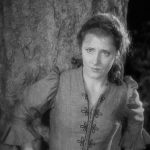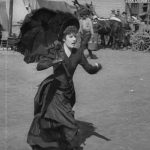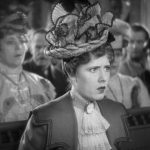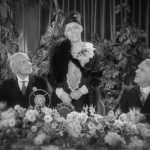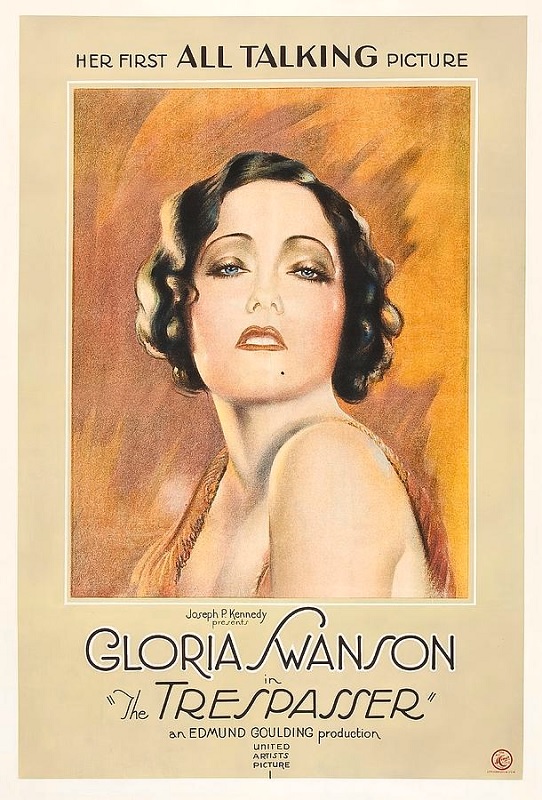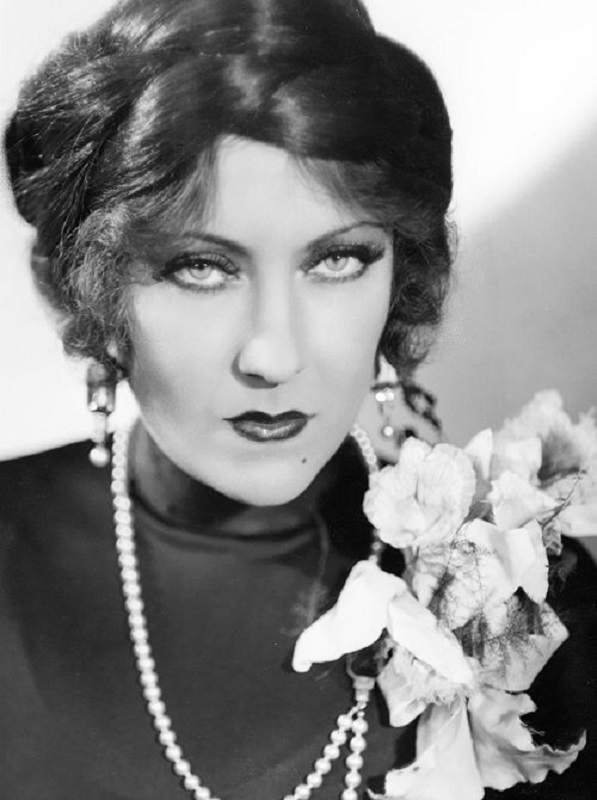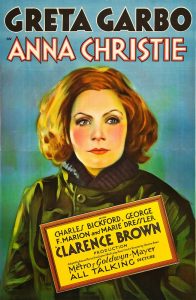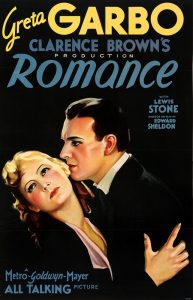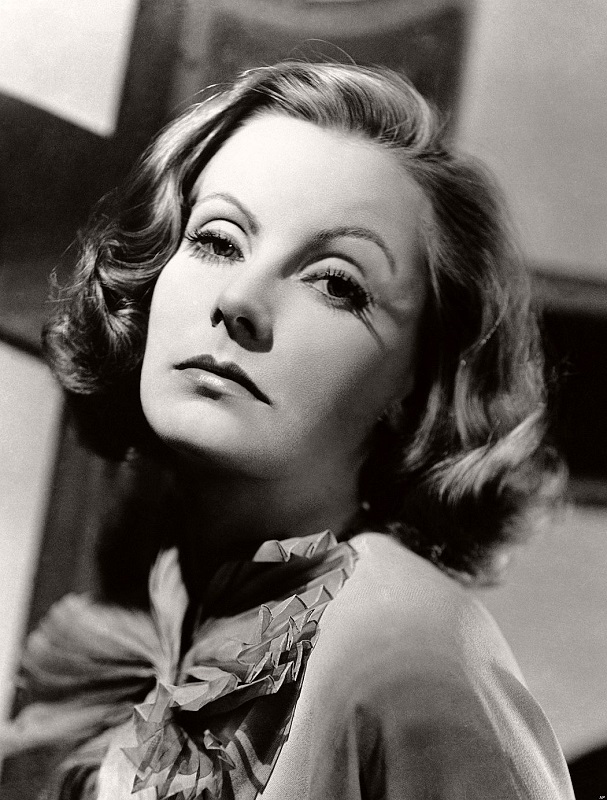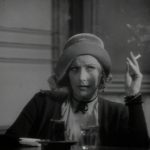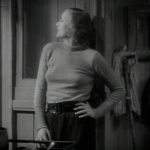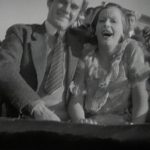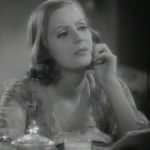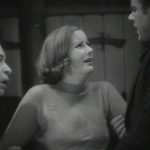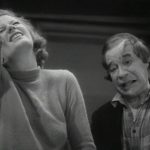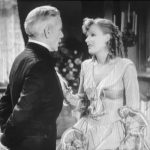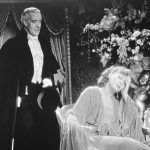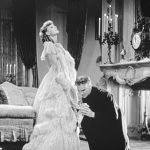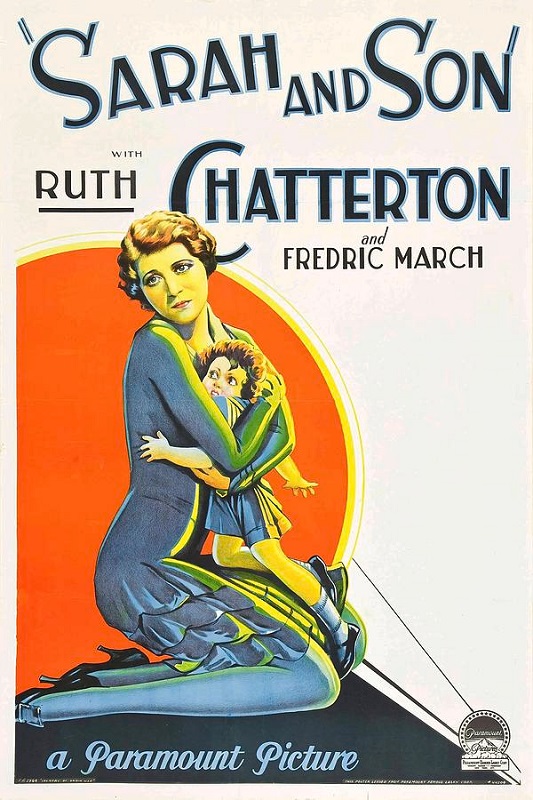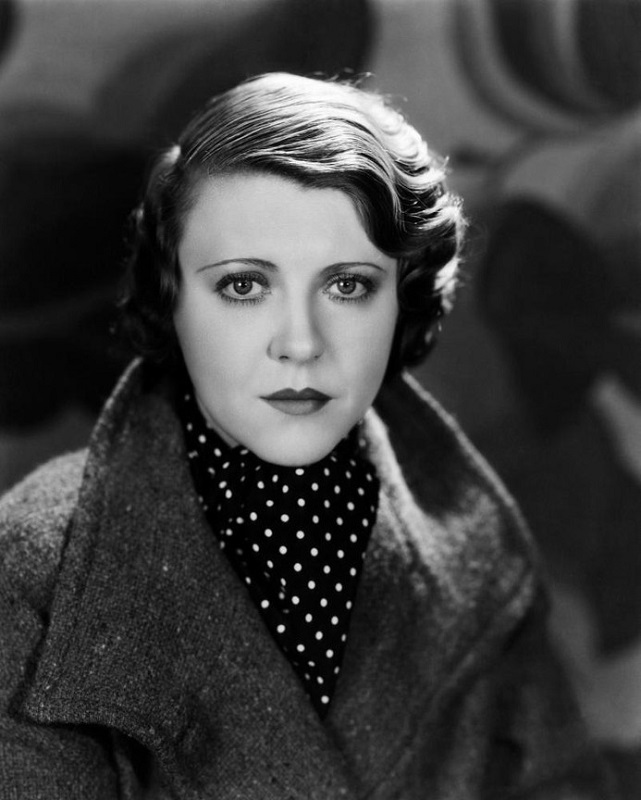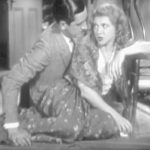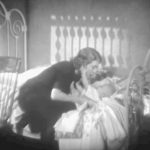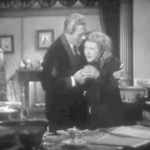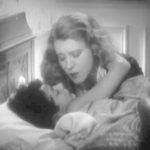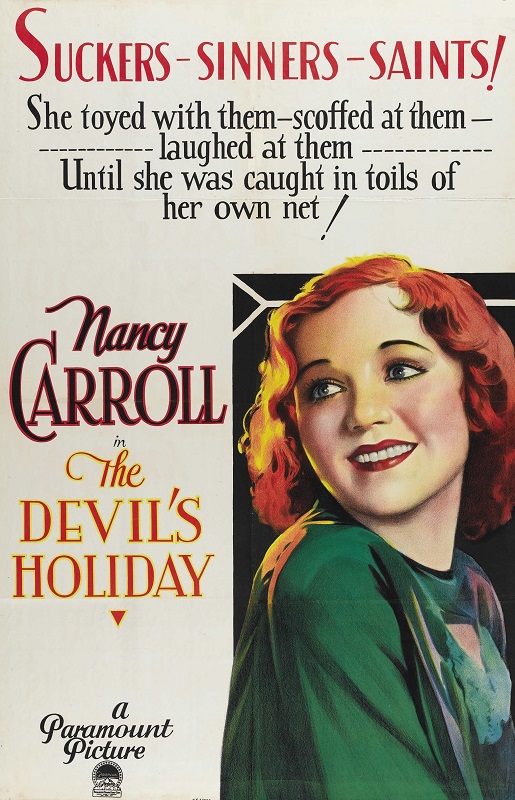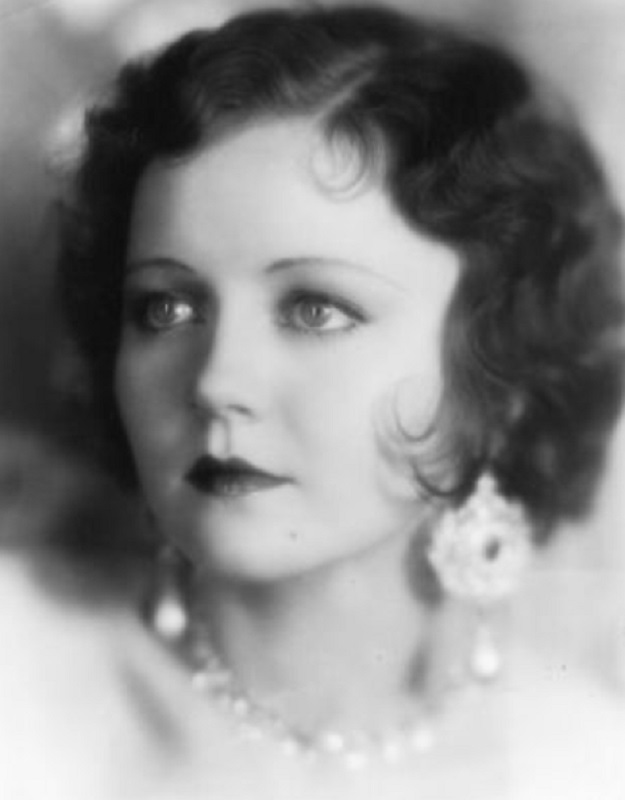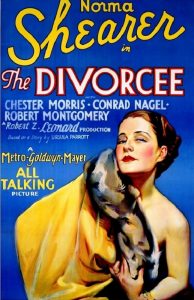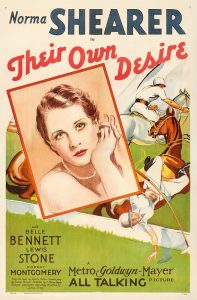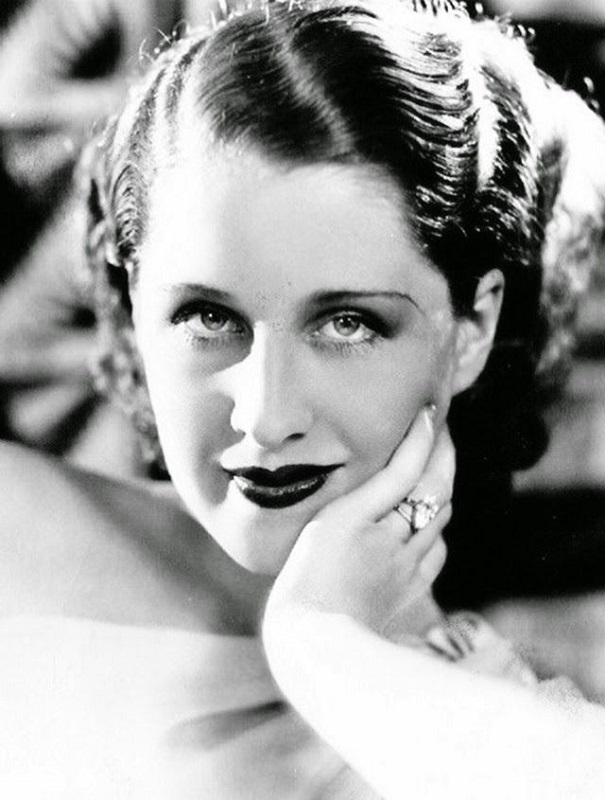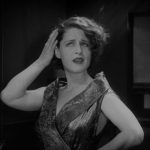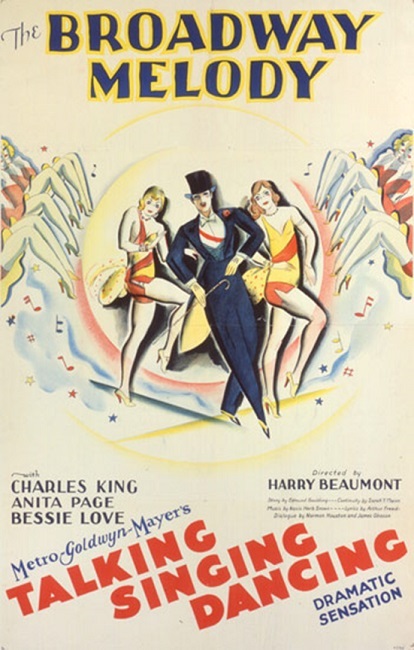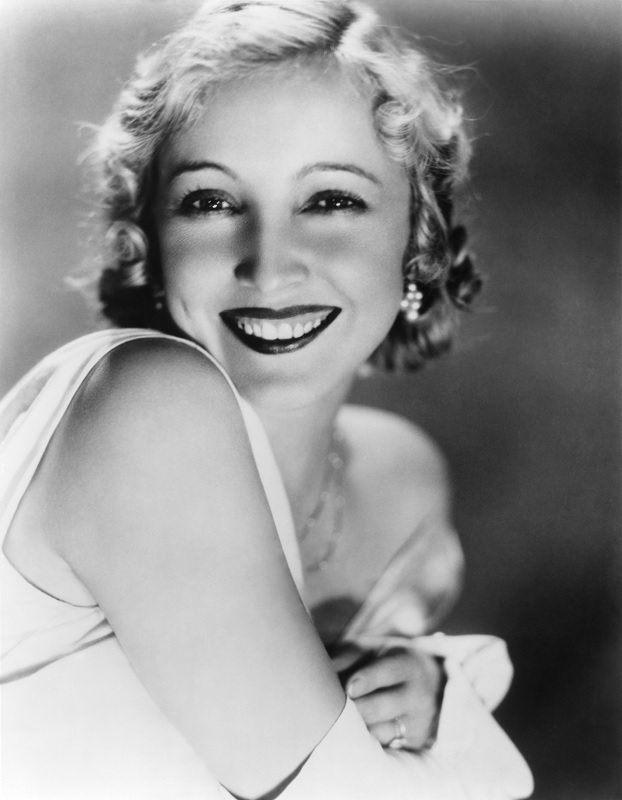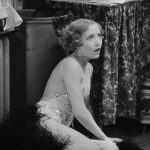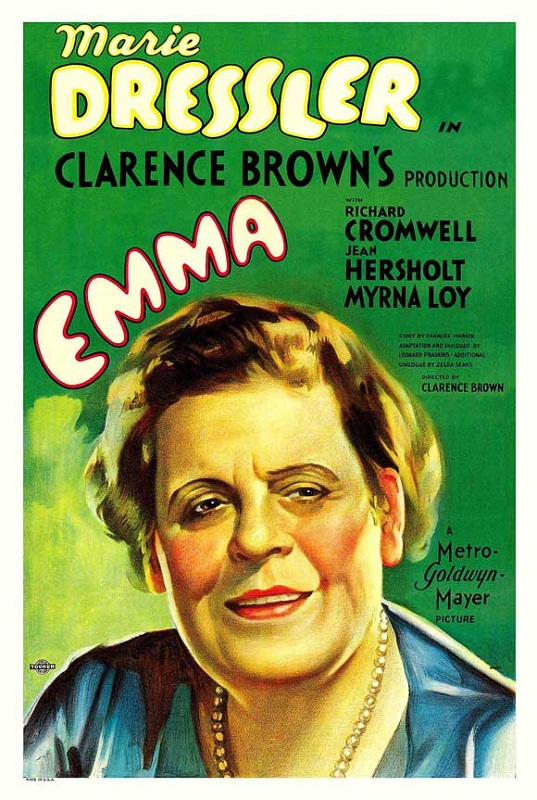
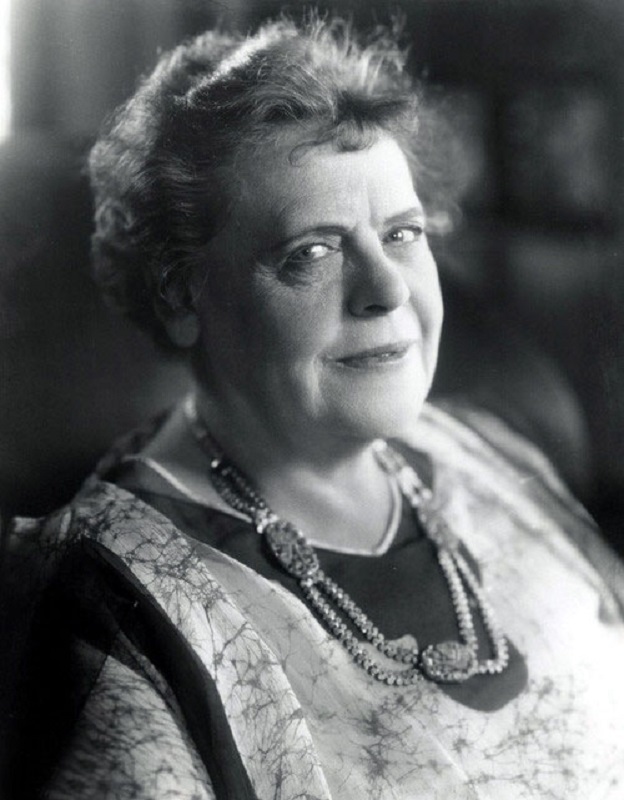

1931-32 – Marie Dressler
Emma
Marie Dressler was, strangely enough, one of the most popular actresses in Hollywood between 1930 and 1934, when she died of cancer. I say strangely enough, because, she is not your typical Tinsel-Town starlet. She was an older woman, and not particularly attractive by the industry standards of the 1930s. But it was her wonderful acting skills that put her on top of the Hollywood heap. She was the common woman. She was everybody’s beloved grandmother.
And Dressler had the ability to play everything, comedy or drama, characters who were wealthy or poor, scripted scenes or improvised. After a long and successful stage career, and a good many silent films in the 20s, she was cast in the film Anna Christie, playing a supporting role alongside Greta Garbo. That movie was finally her big break, and for the last four years of her life, she was Hollywood’s number one box office attraction. And this movie was certainly no exception.
She played a woman who loved her life as a housekeeper. She loved the family she served, and the children she helped raise. Eventually, the widowed patriarch of the family asks her to marry him, and leaves his entire fortune to her after his death. She was such a good and loving woman that she initially wanted to give everything to the children, ungrateful and irresponsible as they were. But when they turned against her, accusing her of manipulating dear old dad into giving her all his money, she lost her temper and kicked them all out of the mansion. But in the end she still believed them all to be good, and refused to let them be called bad people in court. Dressler was able to sell it all with realism and believability.
The movie, as a whole, had elements of both comedy and drama, and Dressler did fantastic in both kinds of scenes. There was a memorable scene in which the youngest boy, all grown up, tries to get her into a flight simulator machine with wonderfully comedic results. Ronnie says, “If you don’t like it, you can get right out again,” to which she replies, “Well I aint’ gonna get out, hehe… cause I aint’ gonna get in!” Later, when Ronnie dies in a plane crash, her devastation is heartbreaking to watch. I think Dressler clearly deserved her nomination.






